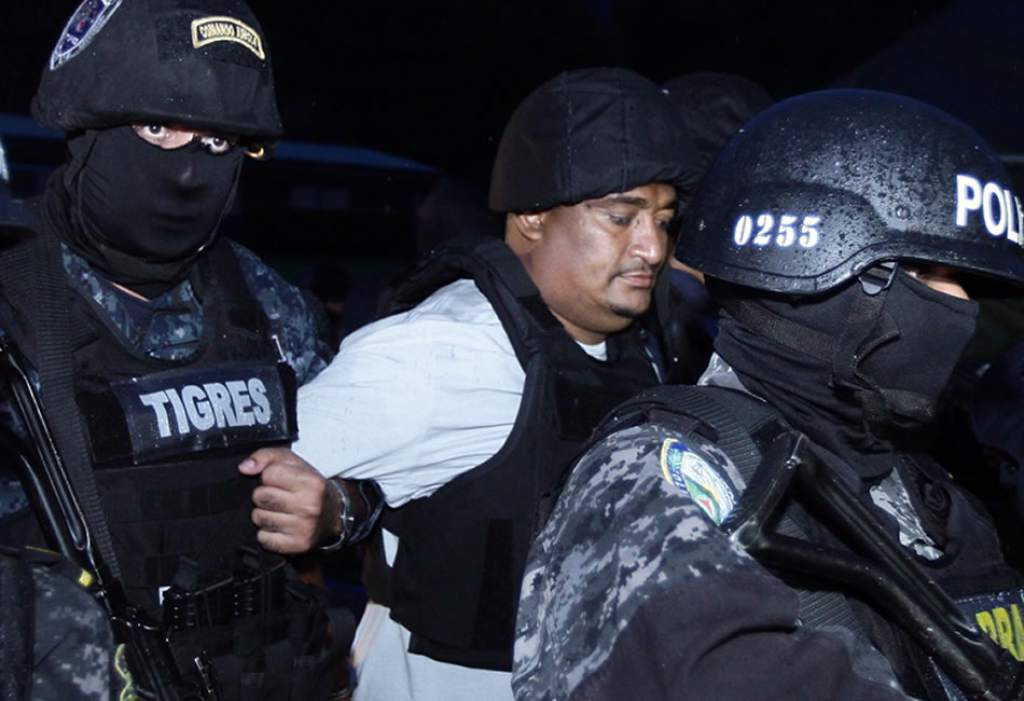Honduras has completed its second extradition of an alleged drug trafficker to the United States, but as the country’s relatively new extradition process picks up pace there are signs that criminals are already working out how to best use it to their advantage.
On October 28, Juving Alexander Suazo Peralta was flown to Miami and handed over to the US authorities to stand trial on drug trafficking charges.
Suazo, who was arrested on September 10, is allegedly the right-hand man of the first drug trafficker to be extradited from Honduras to the US, Carlos Arnoldo Lobo, alias “El Negro.”
After Suazo’s arrest, he surprised Honduran authorities by immediately petitioning for his extradition, arguing that there were “favorable conditions” to prove his innocence, reported El Heraldo. His request also noted that under Honduran law, by opting to be extradited he could not face charges for crimes committed before Honduras’ Constitution was changed in 2012 to allow extradition. Instead, he could only be tried for the offenses listed in the US extradition request.
InSight Crime Analysis
Suazo’s quick-fire extradition — completed just after his alleged boss was also extradited — suggests that Honduras is embracing extradition as a tool to confront the widespread impunity enjoyed by high-level criminals within the country. With 23 extradition request still pending, Lobo and Suazo could be the first of a flood of Honduran kingpins to be tried in the US — although many of those wanted for extradition remain at large.
Nevertheless, Suazo’s legal wranglings suggest that Honduran drug traffickers are also quickly wising up on to how to use extradition to their advantage — in his case, by limiting what charges he can be tried for. If Suazo also plans to cut a deal with the US authorities, as his boss “El Negro” Lobo likely did when he changed his plea to guilty, then Suazo may be able to escape with a light sentence.
Such maneuvers have become common practice in Colombia, where extradition earned its reputation as a key tool in the fight against drug traffickers. In the 1980s, extradition was so feared by drug traffickers that they launched a war against the state to prevent it. Nowadays, few traffickers fight the process, preferring to head to the United States to see what benefits they can obtain for pleading guilty and becoming informants.
This dynamic in Colombia has been echoed in other countries where extraditions to the US have become common, most recently in Guatemala, where a slew of drug traffickers have opted for extradition and guilty pleas, leading to major kingpins recieving sentences as short as six years.

